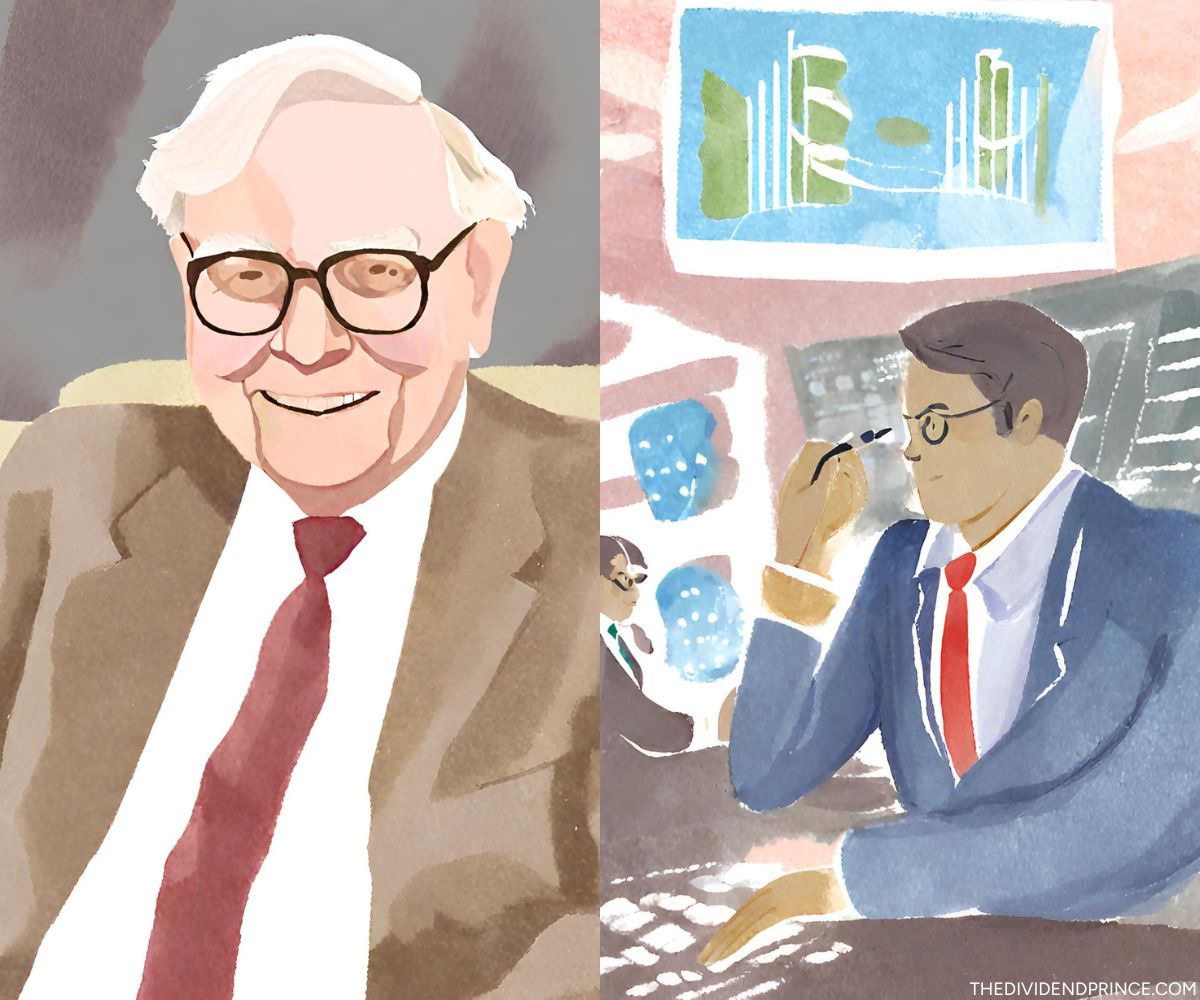Warren Buffett vs hedge funds
At the end of the 2000s, Warren Buffett Aka the oracle of Omaha (his nickname since he’s based in Omaha,Nebraska), made a million-dollar bet with the actively managed fund industry that he could perform better than a hedge fund simply by investing in a low-cost index fund. Each of the two parties picked a charity organisation which will receive the winnings.
In this bet, the hedge fund industry had been represented by Ted Seides, the co-manager of Protégé Partners LLC. While Warren Buffett picked a S&P 500 index fund (Vanguard’s S&P 500 Admiral fund), the hedge fund strategy was different. It, indeed, consisted of five funds of funds (the five funds have however not been disclosed). With these two completely different strategies, it was actually two investment approaches which competed against each other: passive vs active investing.
We can see (here below) on the period 2008-2016, the funds of funds average annual return (picked by hedge fund manager) and the index fund average annual return1 (chosen by Warren Buffet) :

By the end of 2016, the best fund of funds (Fund of funds C) delivered an average annual performance of 6.30% on the 8-year period, the index fund had an AAR of 9.11% !
So in a nutshell, Warren won the bet against this hedge fund manager. Buffett’s point here, was paying huge fixed fees to an actively managed fund does not guarantee outstanding performances. It can indeed be the opposite as we saw the chart above.
In the end, investing passively and the waiting game paid off. Studies have even shown that “on average, index funds outperform actively managed funds for most equity and all bond fund categories”.2 Investing in index funds, not only seems to be cheaper, but also outperforms an active investing strategy.
Fees are a big part of the problem with hedge funds
One of the main reasons hedge funds underperformed was the fees. Hedge funds charge 2% management fee and 20% to 50% performance fee on profits. These fees can eat into your returns big time and make it hard for hedge funds to beat the market. In contrast the S&P 500 index fund has an expense ratio of 0.04%. No wonder many active funds can’t keep up with low cost index funds.
Warren Buffett’s approach
Warren Buffett’s approach is all about keeping costs low and long term. He’s been an index fund fan for years. Index funds track a particular market index like the S&P 500. By investing in a low cost index fund you get exposure to the whole market without paying high fees to active managers. Buffett’s strategy is simple and works: minimize costs and let compounding do the work over time. It’s worked over the long term as his million dollar bet proved.
What it means for investors and hedge fund managers
The outcome has big implications for both investors and hedge fund managers. For investors it means keep costs low and invest long term. By choosing a low cost index fund you can avoid the high fees of active funds and potentially get better returns over time. For hedge fund managers it’s a wake up call. With the rise of low cost index funds and ETFs hedge funds need to adapt to a new world. They need to find ways to add value to their investors beyond just charging high fees or they will get beat by simpler more cost effective strategies.
If you want to dive deeper into the incredible story of Warren Buffett’s $1 million bet, don’t miss this documentary by the broker DEGIRO:
1Annual performance of each fund can be found on the 2016 Berkshire Hathaway shareholders letter
2Fortin & Michelson “Indexing Versus Active Mutual Fund Management.” FPA Journal (January 2002)

Leave a Reply